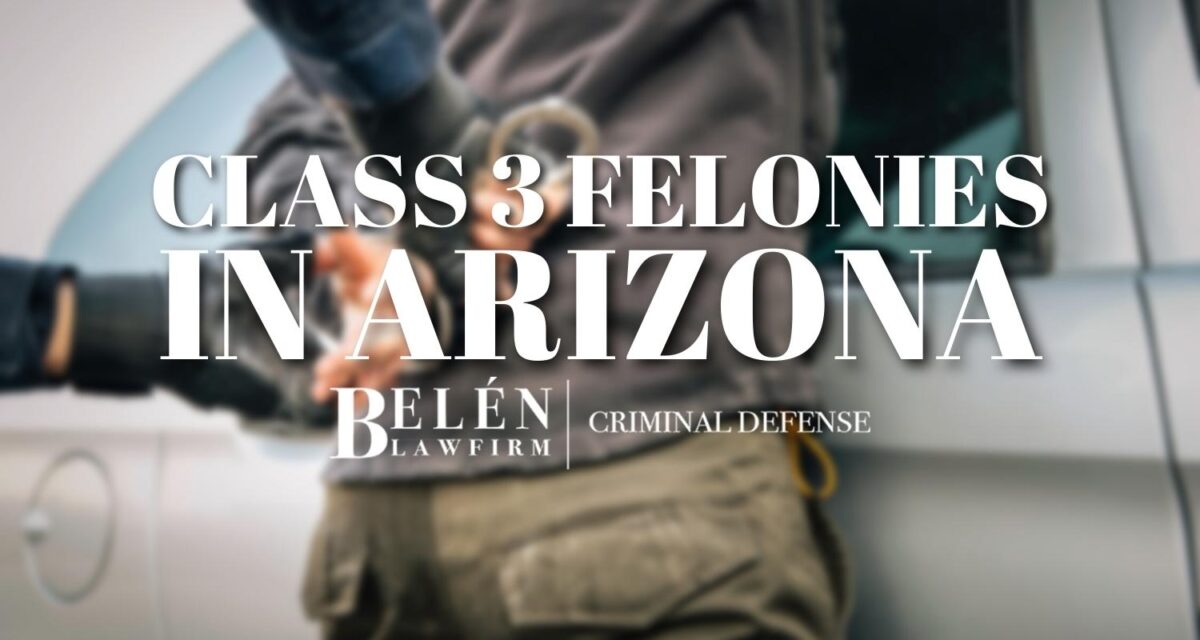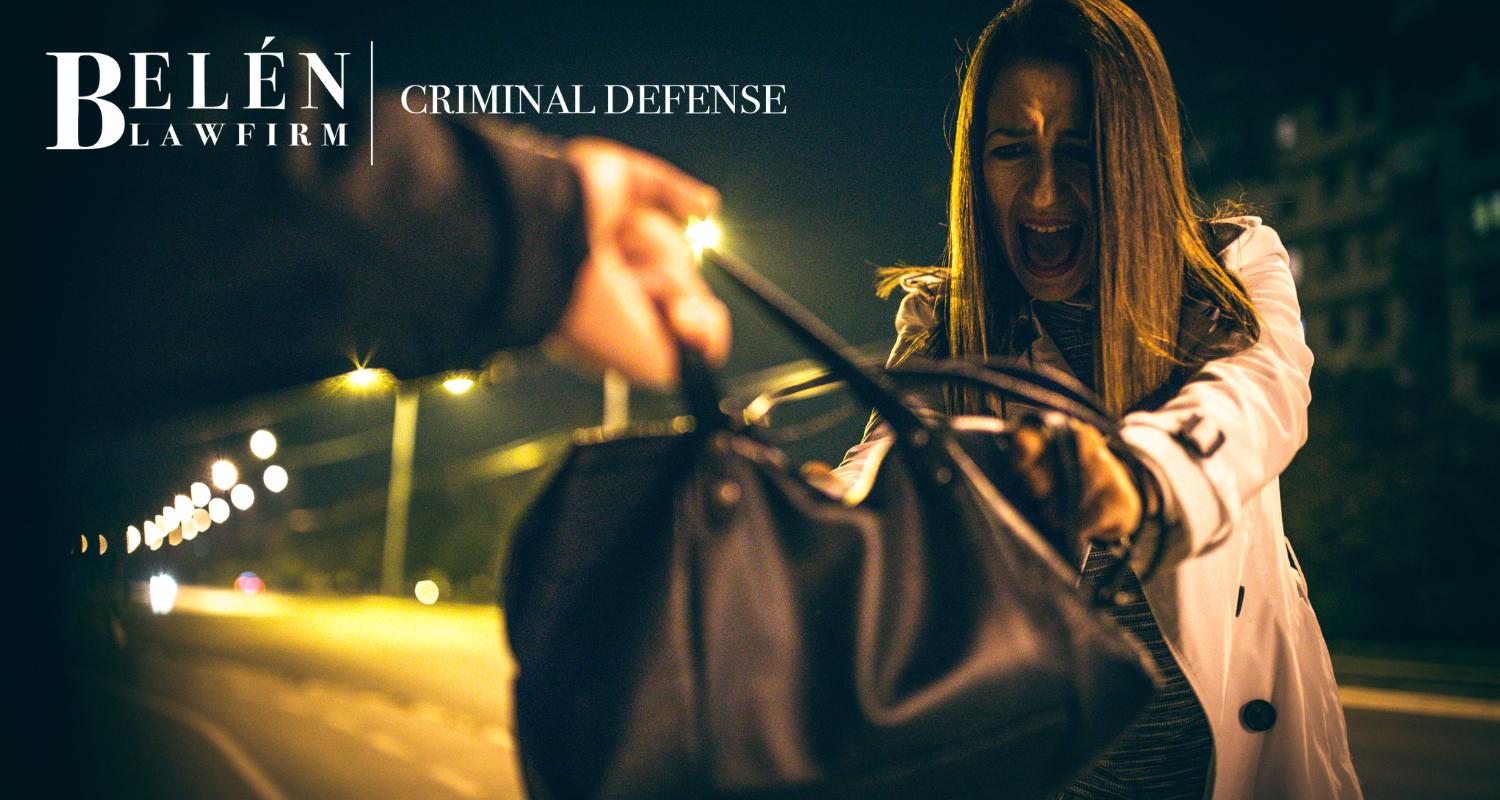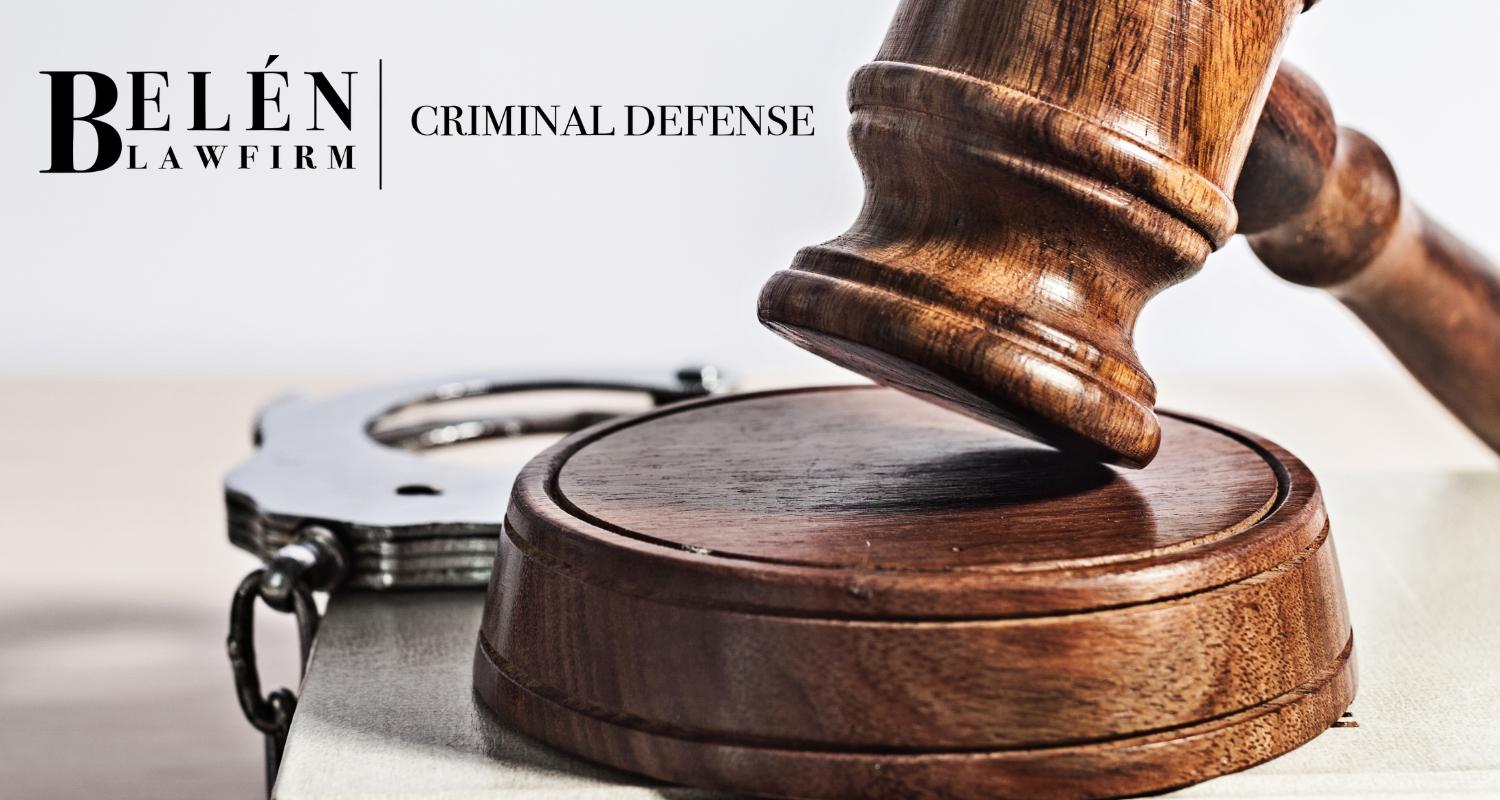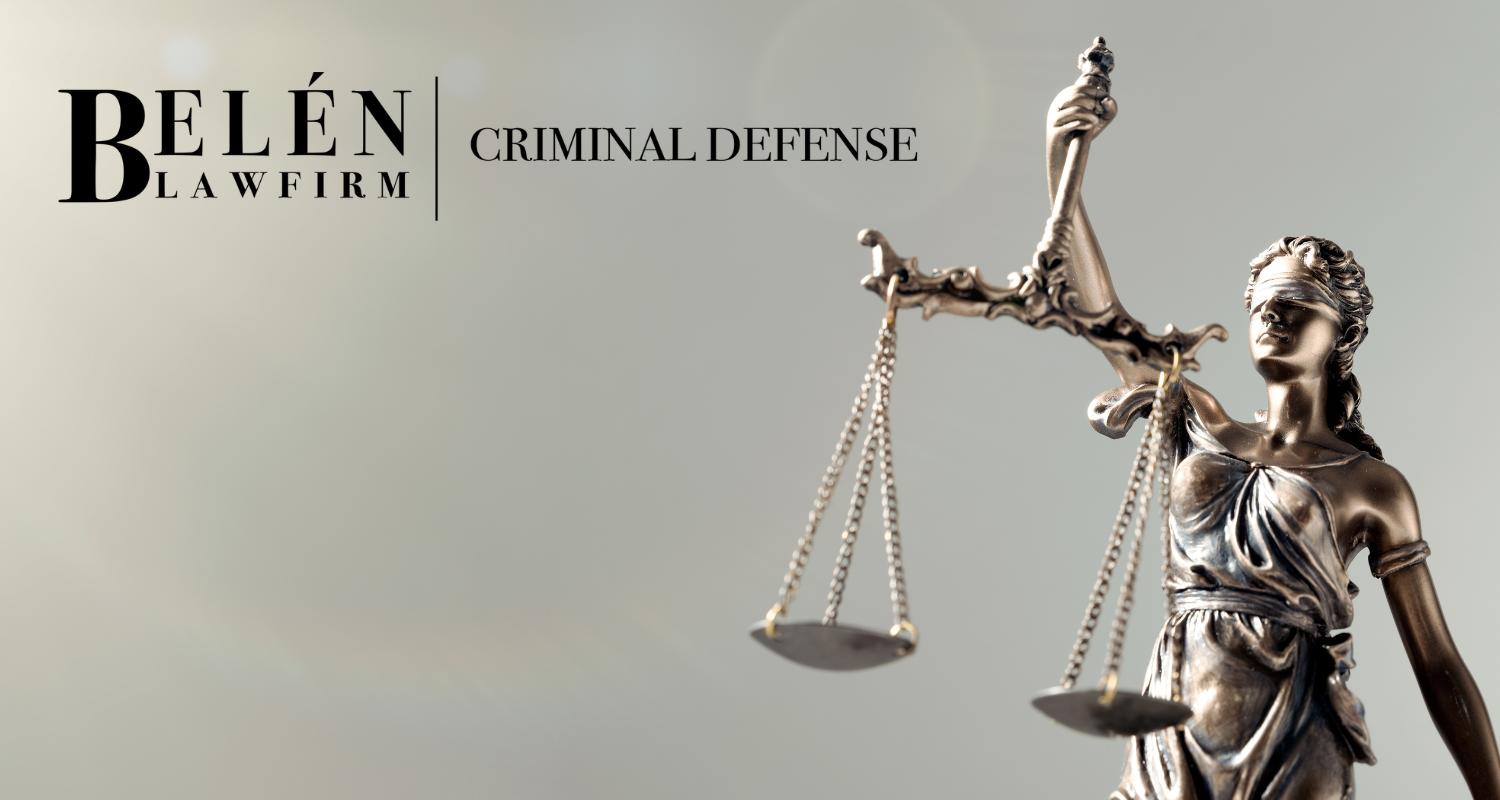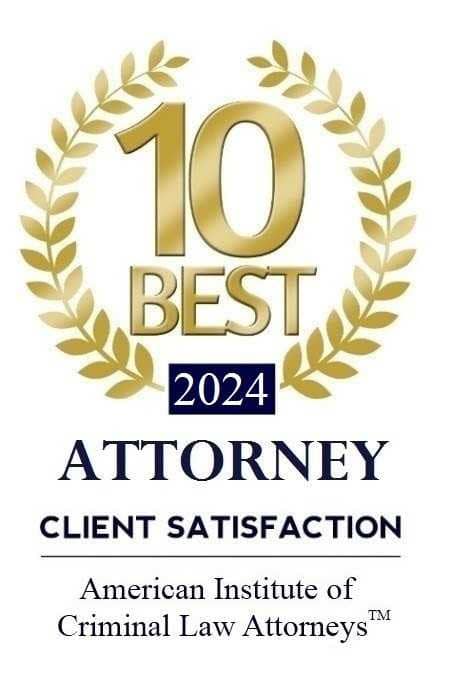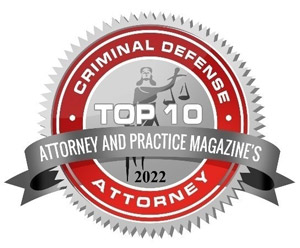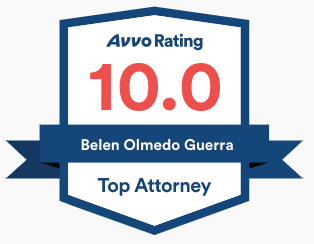Class 3 Felonies in Arizona
Being charged with a Class 3 felony in Arizona is a serious matter that can have long-lasting consequences on your life. With the potential for lengthy prison sentences and significant fines, a Class 3 felony charge can change the course of your future. If you have been charged with a Class 3 felony, it is crucial to seek the services of an experienced criminal defense lawyer who can help you navigate the complexities of the legal system and fight for your rights.
Belén Olmedo Guerra understands the severity of Class 3 felony charges and has the knowledge and experience necessary to provide you with the defense you need to protect your future. In this post, an experienced Phoenix criminal defense attorney from Belén Law Firm will cover the different types of Class 3 felonies and the penalties associated with these felony offenses.
What are Class 3 Felonies in Arizona?
There are over 40 different crimes that are classified as Class 3 felony charges in Arizona. We’ll provide the comprehensive list of offenses below:
- Alteration of lottery tickets
- Filing false reports or making false entries regarding banking documents
- Certain dangerous crimes against children
- Attempt of a class 2 felony
- Solicitation of a class 1 felony
- Threatening or intimidating (certain violations)
- Aggravated assault (certain violations)
- Discharging a firearm at a nonresidential structure
- Custodial interference (by a person other than a parent, custodian, or agent of a
- parent or custodian)
- Kidnapping (certain violations)
- Sexual abuse (if the victim is under 15 years of age)
- Bestiality (involving a minor in the offense)
- Unlawful sexual conduct by a correctional employee with an offender between 15 and 17 years of age
- Second-degree burglary
- First-degree burglary (of a nonresidential structure or fenced commercial or residential yard)
- Aggravated criminal damage (with damage of $10,000 or more)
- Intentional burning of wildlands (placing another in danger of death or serious bodily injury or placing any building or occupied structure in danger of damage)
- Theft (property or services with a value of $4,000 or more but less than $25,000)
- Theft of means of transportation
- Aggravated robbery
- Aggravated taking of the identity of another person or entity
- Credit card transaction record theft (at least $3,000 but less than $25,000)
- Second-degree trafficking in stolen property
- Illegal control of an enterprise; illegally conducting an enterprise (not involving a minor)
- Computer tampering (certain violations)
- Second-degree money laundering
- Assisting a criminal street gang
- Obstructing criminal investigations or prosecutions with intent to promote, further or assist a criminal street gang
- Hindering prosecution in the first degree (involving terrorism or murder or with intent to promote, further or assist a criminal street gang)
- Certain stalking violations
- Misconduct involving weapons (certain violations)
- Possession, use, production, sale or transportation of marijuana (certain violations)
- Possession, use, administration, acquisition, sale, manufacture or transportation of dangerous drugs (certain violations)
- Possession, use, administration, acquisition, sale, manufacture or transportation of narcotic drugs (certain violations)
- Luring a minor for sexual exploitation
- Unlawful age misrepresentation
- Child bigamy
- Child or vulnerable adult abuse (certain violations)
- Excavating certain sites (second or subsequent offense)
- Unlawful copying or sale of sounds or images from recording devices (certain violations)
- Telecommunication fraud
- Consideration for referral of a patient, client or customer; fraud (certain violations)
- Counterfeiting election returns
- Accidents involving death or personal injuries; failure to stop (certain violations)
- Sale or purchase of human body parts
- Sale or possession of 10,000 or more untaxed cigarettes
- Certain hazardous waste violations
What are the Penalties for a Class 3 Felony in Arizona?
The prison sentence for felony crimes depends on many different variables, including whether or not the person convicted has committed other felony crimes in Arizona as well as whether the criminal offense possesses mitigating or aggravating factors. Mitigating factors may include the defendant’s age and the role he or she played in the alleged crime, while aggravating factors include the age of the victim and whether or not a deadly weapon was used in the commission of the crime. As such, defendants convicted of Class 3 felony crimes are subject to Arizona’s felony sentencing guidelines.
In general, a Class 3 felony may be punishable by anywhere between 2 years in prison to up to 25 years, depending on the defendant’s criminal history and the facts of the case. We’ll break down the specifics below.
Class 3 Felony Sentencing Guidelines
Arizona follows a mandatory sentencing chart that lays out the penalties for each class of felony. Further, Arizona law divides crimes by whether the crime was a non-dangerous offense, a dangerous offense, or a dangerous offense against children. A dangerous crime simply means it was a crime of violence that could or did lead to serious physical injury.
The charts include a presumptive sentence, a minimum sentence, a maximum sentence, and for non-dangerous crimes, a mitigated or aggravated sentence. It also includes the penalties for those with multiple prior felony convictions. Below, we’ll outline the ranges of penalties for a felony conviction of both dangerous and non-dangerous Class 3 offenses.
Non-Dangerous Crimes
|
# of Historical Priors |
Mitigated | Minimum | Presumptive | Maximum | Aggravated |
| 0 | 2 years |
2.5 years |
3.5 years | 7 years | 8.75 years |
| 1 | 2 years | 2.5 years | 3.5 years | 7 years | 8.75 years |
| 2 | 3.25 years | 4.5 years | 6.5 years | 13 years | 16.25 years |
| 3 | 7.5 years | 10 years | 11.25 years | 20 years | 25 years |
Dangerous Crimes With Historical Priors
| # of Historical Priors | Minimum | Presumptive | Maximum |
| 0 | 5 years | 7.5 years | 15 years |
| 1 | 10 years | 11.25 years | 20 years |
| 2 | 15 years | 20 years | 25 years |
Dangerous Crimes With Repetitive Dangerous Offenses
| Repeat Offense # | Minimum | Maximum | Increased Maximum |
| 2 | 7.5 years | 15 years | 18.75 years |
| 3+ | 11.25 years | 20 years | 25 years |
Other Degrees of Felonies in Arizona
Class 1 Felonies in Arizona
Class 1 felonies in Arizona only encompass two crimes: first-degree murder and second-degree murder. These are the most serious felony crimes a person can commit under Arizona law. With that in mind, Class 1 felonies carry the harshest penalties for those convicted, including up to life imprisonment and even the death penalty. More specifically, first-degree murder charges in Arizona may be punishable by life imprisonment, natural life imprisonment, or the death penalty, while second-degree murder charges in Arizona are met by a presumptive sentence of 16 years, a maximum sentence of 25 years, and a minimum sentence of 10 years.
Class 2 Felonies in Arizona
Just under Class 1 felonies, Class 2 felonies in Arizona are classified as the second most serious crimes a person can commit in the state. A few examples of these crimes include manslaughter, certain drug crimes, molestation of a child, sexual assault, terrorism, and armed robbery. The presumptive term for non-dangerous Class 2 felonies is 5 years in prison, but an enhanced sentence can increase to a presumptive term between 9.25 years and 15.75 years. If the offender commits a dangerous offense, the first offense may be punishable by up to 21 years, but if they have three or more dangerous offenses on their record, they may face up to 35 years in prison.
Class 4 Felonies in Arizona
A few examples of Class 4 felonies in Arizona include kidnapping, misconduct using a deadly weapon, third-degree burglary, possession of dangerous or narcotic drugs, and robbery. For first-offense non-dangerous Class 4 felonies, defendants may face a presumptive term of 2.5 years in prison and up to 10 years for repetitive offenses. For a dangerous offense with two or more historical priors, the sentence may increase to up to 16 years in prison.
Class 5 Felonies in Arizona
For defendants convicted of a Class 5 felony in Arizona, sentencing ranges from up to six months for a first non-dangerous offense and up to seven and half years for a dangerous repeat offense. Class 5 felonies include crimes such as prostitution, credit card theft, public sexual indecency before a minor, and aggravated assault on a police officer.
Class 6 Felonies in Arizona
At the bottom tier of felony classes in Arizona are Class 6 felonies, meaning they are the least serious felonies but still felonies nonetheless. A Class 6 felony is punishable by anywhere between four months to up six years for a dangerous repetitive offender. This includes crimes such as aggravated domestic violence, possession or drug paraphernalia, resisting arrest, and shoplifting of a value between $1,000 and $2,000.
Charged With a Class 3 Felony in Arizona? Call an Experienced Phoenix Criminal Defense Lawyer From Belén Law Firm Today
At Belén Law Firm, we understand the seriousness of Class 3 felonies in Arizona and the impact they can have on your future. Our team of experienced Phoenix criminal defense attorneys is dedicated to providing the highest level of legal representation to those charged with Class 3 felonies. We will work tirelessly to defend your rights and ensure that you receive a fair trial. Our attorneys have a thorough understanding of Arizona criminal law and will use their knowledge and skill to develop a strategic defense strategy tailored to your specific case.
A criminal defense attorney from our firm will thoroughly investigate the charges against you, analyze the evidence, and identify any weaknesses in the prosecution’s case. Our goal is to minimize the charges and penalties against you and ultimately secure the best possible outcome for your case. If you have been charged with a Class 3 felony in Arizona, don’t hesitate to contact us today for a free consultation. You can reach us by calling (602) 715-0908 or by filling out our online intake form.

